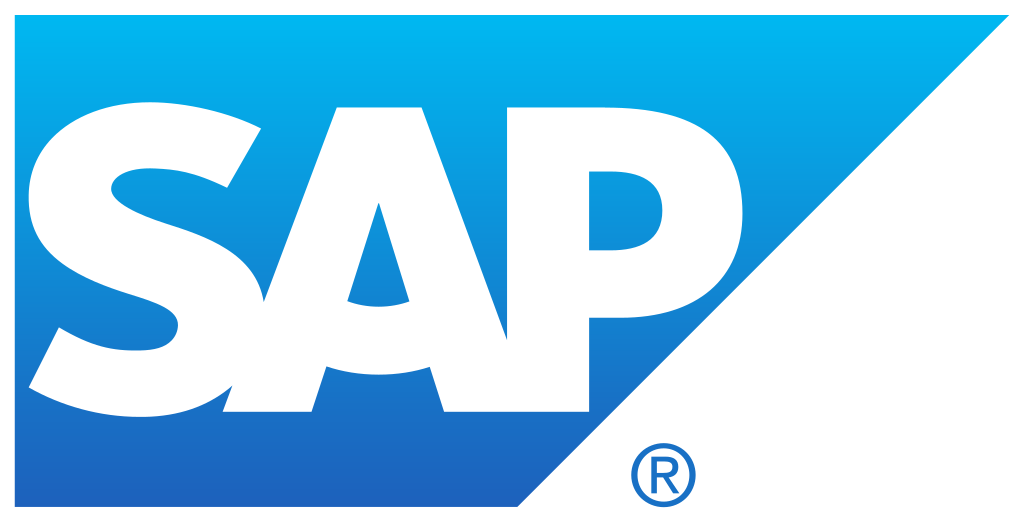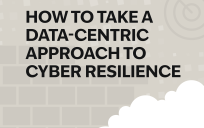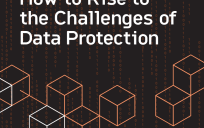Nowadays, it’s rare to come across someone who will deny the importance of data.
The difference is the extent or degree to which they believe it should be relied on for their organization and their work.
“There has been a lot of hype around data and AI [artificial intelligence], and it hasn’t always delivered,” said Scott Beliveau, Director of Enterprise Data Architecture and Chief of Enterprise Advanced Analytics at the U.S. Patent and Trademark Office.
When it comes to being data-driven, agencies want to see where the rubber meets the road. They want to execute what they’ve been told about data. And that requires an organizational culture that is open to it.
At GovLoop’s online training Wednesday, a panel of experts identified five things your agency culture needs to make “data-driven” more than hype.
Speakers:
- Scott Beliveau, Director of Enterprise Data Architecture, Chief of Enterprise Advanced Analytics, U.S. Patent and Trademark Office
- Tyson Morris, Chief Information Officer, City of Chattanooga
- Chris Atkins, Vice President, Digital Government Transformation, SAP
GOALS
“The whole data-driven culture thing has been a buzzword for a little while now. It really is something that I agree needs to be pinned down – whether it’s a mission statement or objectives or KPIs. It needs to be clear-cut. … You start reaching for anywhere and everywhere, and it becomes something like the Wild West.” – Morris
“Culture is developed through a shared purpose or shared goals. When you’re looking to develop best practices [for being data-driven], you should start with the mission of the organization. What is the purpose or reason for your organization’s existence? And who do you serve? Use that as a means to frame that vision, and work backward to figure out the value you need to deliver.” – Beliveau
LEADERS
“As leaders and managers, you have to be a consumer of data. You have to be asking for data, asking for insight, to solve business problems in a government context if you want to build the culture around data.
[For this,] be outcome-oriented. In government, we’re focused on processes, like how many applications did we process, how many potholes did we fill? Asking those questions and expecting to get answers is a first start – and then shifting to more KPIs. What kind of impact are we having with these processes? What percentage of people filed a tax return without needing help from us? What’s the quality of health care? That’s an outcome question. … Shifting from a programmatic input focus to outcomes is key.” – Atkins
PEOPLE
“It can’t be people like Scott and Tyson leading this effort inside government. It has to be all leaders and managers and, really, everyone in the organization pulling toward the same direction and contributing to the culture.” – Atkins
“It doesn’t really matter if you can knock down all the silos within an organization or department. If you give [people] insights, are they going to be able to do anything about it? I’ve posed the question, ‘If we unlock all the data in the world and you can solve any problem, what would you want to do?’ And a lot of times people scratch their heads. … You got to be able to have storytellers within a department, not just build a dashboard. … That helps drive decision-making beyond 1s and 0s.” – Morris
VALUES
“Some values that are important to [data-driven] culture are being curious, open, honest, transparent … collaborative and cross-functional.” – Atkins
ROI REALITIES
“Another piece of this cultural aspect is: We can do a lot, we have a lot of data, people can ask questions, we can do [data-driven] decision-making – but should we? What’s the value of spending [those resources]? That’s part of that data-driven decision-making. Maybe it’s a solvable problem … and it’s going to cost $10 million. Is there going to be a return of $10 million, or [is there] some other equivalent value that the organization should focus its analytical energy on?” – Beliveau
“A lot of time, the ROI [return on investment] is not there. We don’t need to go out there to build a data lake to figure out one problem that could have been done in Excel. Start small and build from there. If you can start solving little problems … then that culture starts to build.” – Morris
This online training was brought to you by:






Leave a Reply
You must be logged in to post a comment.